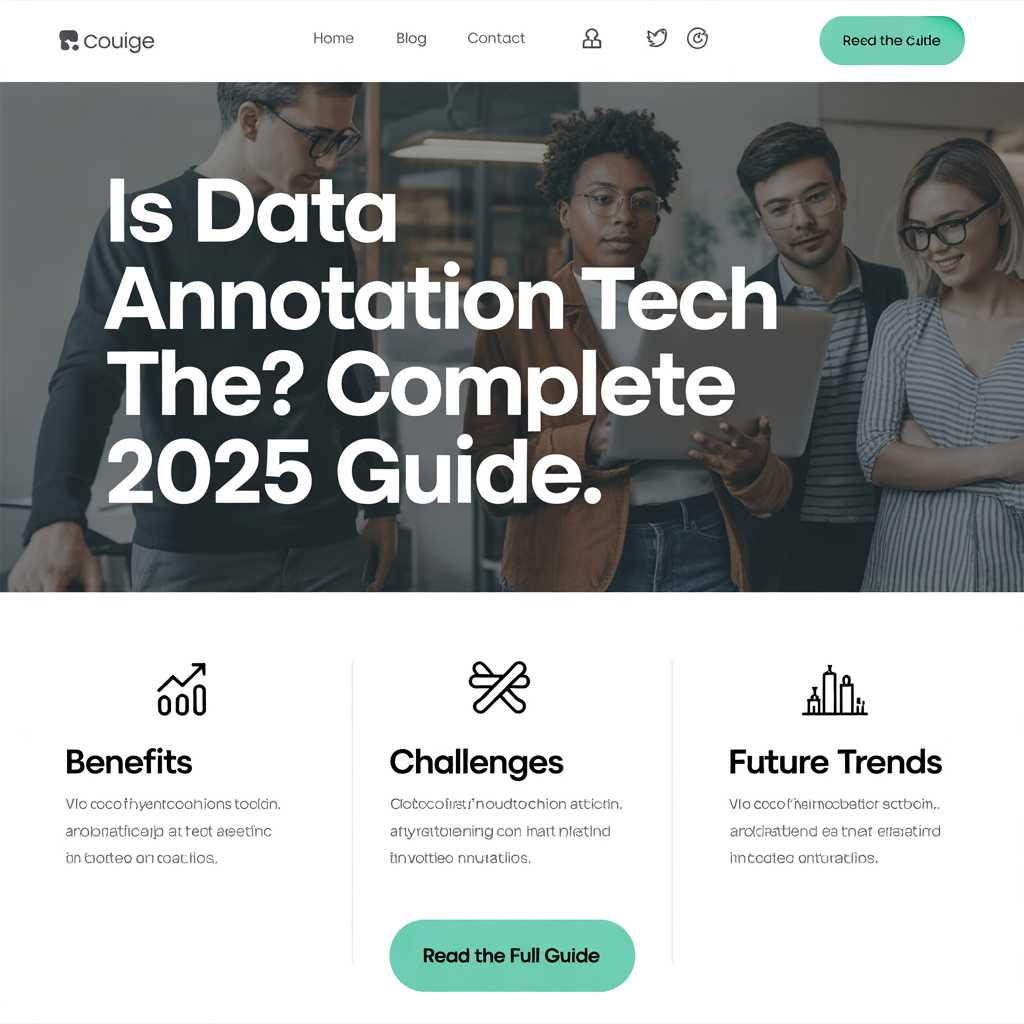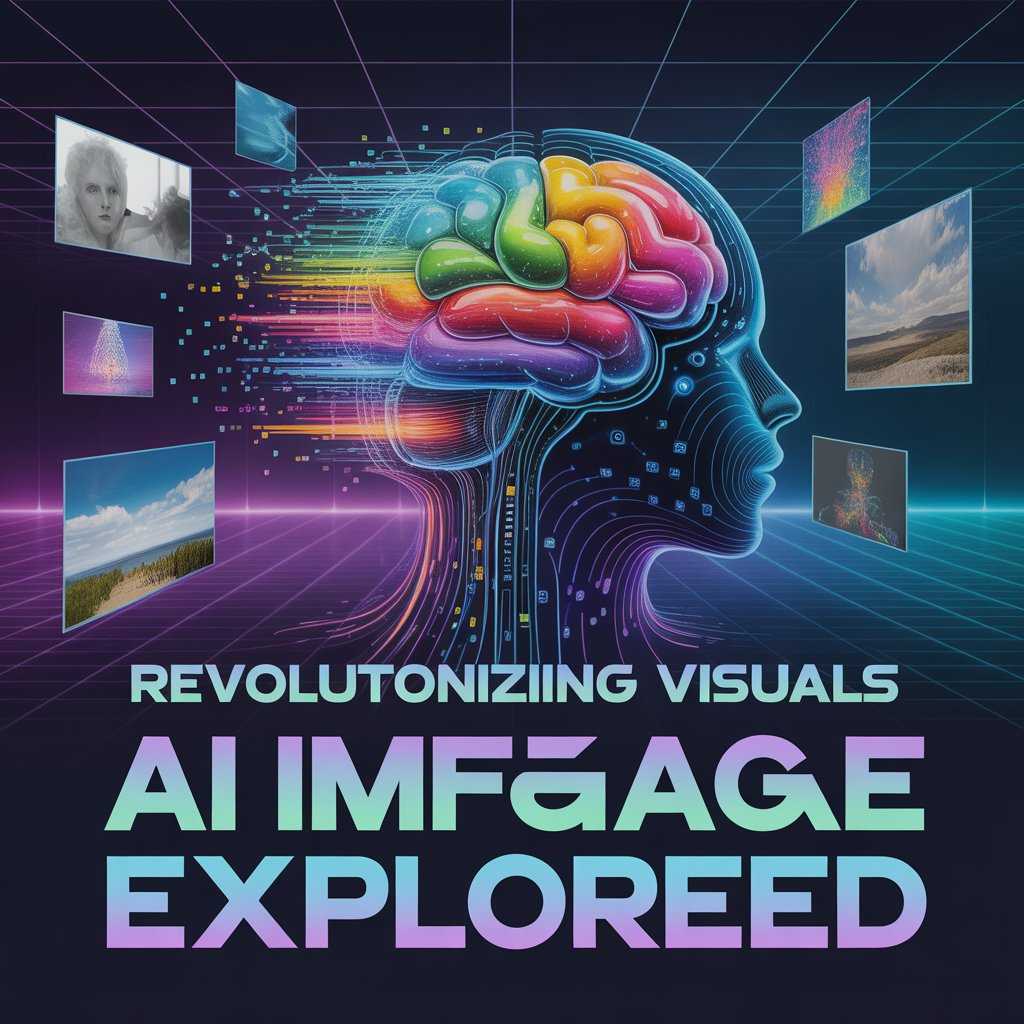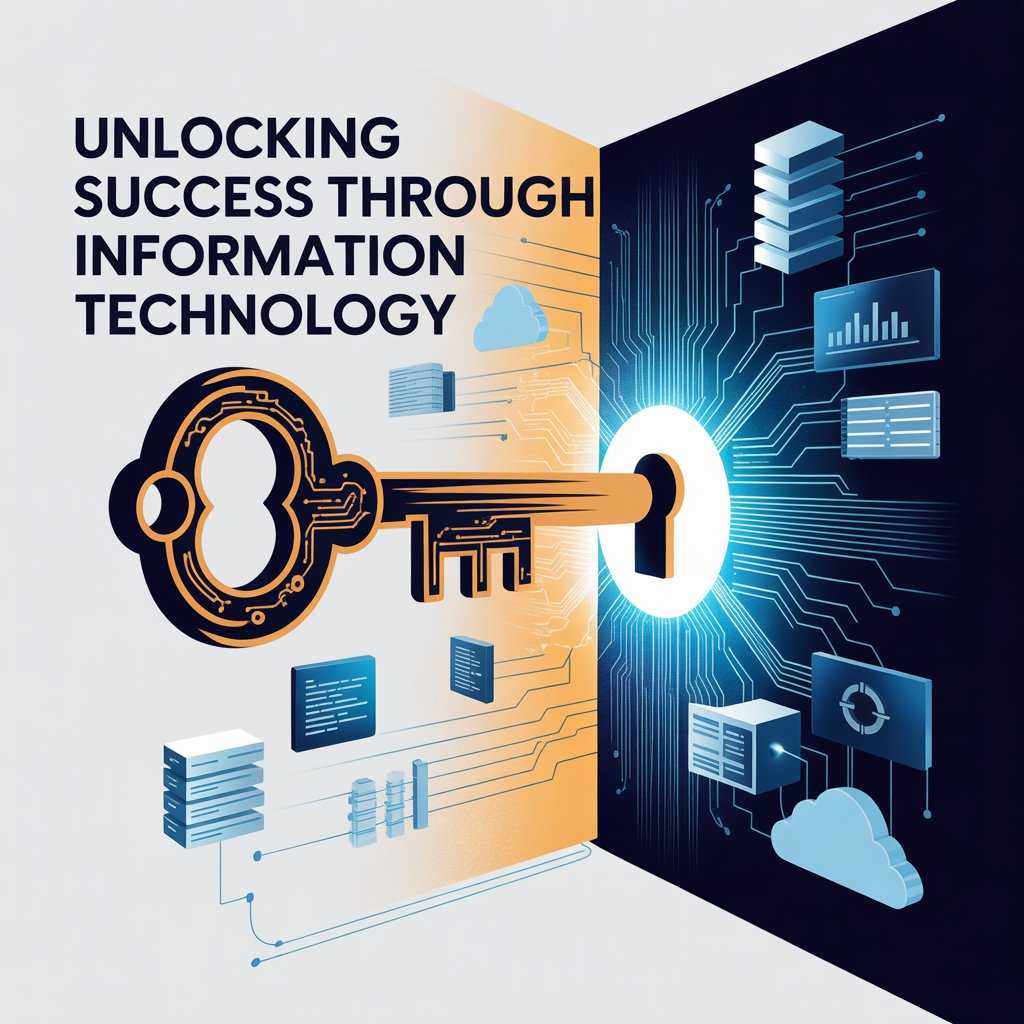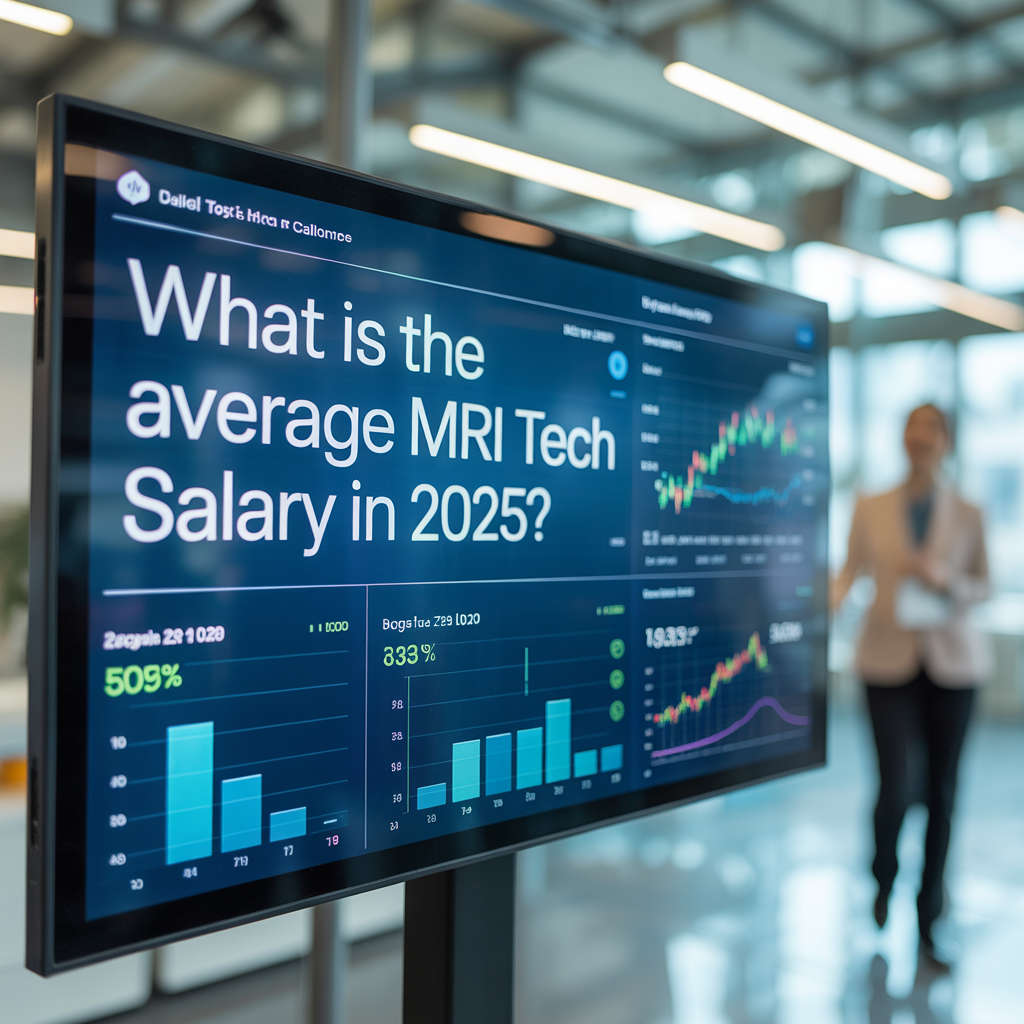The search query Is data annotation tech legit has surged dramatically as more people discover opportunities in AI data annotation. With promises of flexible work, decent pay, and the chance to contribute to cutting-edge AI development, it’s natural to wonder whether these platforms and opportunities are genuine or just another online scam.
Data annotation technology refers to the tools, platforms, and services that help label and categorize raw data to train artificial intelligence models. This process is fundamental to machine learning without properly annotated data, AI systems cannot learn to recognize patterns, make predictions, or perform tasks accurately.
The skepticism around data annotation legitimacy stems from several factors. The field exploded rapidly alongside AI growth, creating a mix of legitimate platforms and fraudulent schemes targeting job seekers. Many people encounter data annotation through work-from-home job listings that seem too good to be true, prompting the essential question of authenticity.o
Understanding whether data annotation tech is legit matters more than ever in 2025. As nerovet ai dentistry becomes integral to industries from healthcare to autonomous vehicles, the demand for quality annotation services continues growing. However, this growth has attracted both legitimate innovators and opportunistic scammers, making it crucial to distinguish between authentic opportunities and fraudulent operations.
What Does Data Annotation Tech Actually Mean?
Data annotation is the process of adding labels, tags, or metadata to raw data so machine learning algorithms can understand and learn from it. Think of it as teaching AI systems by providing examples like showing a computer thousands of labeled images of cats and dogs so it can eventually identify these animals on its own.
The technology encompasses various types of annotation work. Best Writing Text annotation Tools involves labeling sentiment, identifying named entities, or categorizing content. Image annotation includes drawing bounding boxes around objects, segmenting images, or classifying visual elements. Video annotation tracks objects across frames, while audio annotation transcribes speech or identifies sounds.
Modern data annotation platforms combine human expertise with automated tools. Annotators use specialized software to efficiently label data, while quality assurance systems check accuracy. Some platforms incorporate AI-assisted annotation, where machines provide initial labels that humans then verify and refine.
The role of data annotation in AI development cannot be overstated. Every recommendation algorithm, image recognition system, and natural language processor relies on annotated training data. Without this foundation, AI models would produce random, unreliable results.
Is Data Annotation Tech Legit or a Scam?
The short answer is both legitimate data annotation technology exists alongside fraudulent schemes. The confusion often arises because people encounter annotation work through different channels, some more trustworthy than others.
Legitimate data annotation companies serve real market needs. Major tech companies like Google, Tesla, and Meta regularly outsource annotation projects to specialized platforms. These companies need massive amounts of labeled data to train their AI systems, creating genuine demand for annotation services.
However, scammers have capitalized on the field’s growth. Fake platforms promise unrealistic earnings for simple tasks, request upfront payments, or collect personal information without providing real work. Some present themselves as data annotation companies while actually running different schemes entirely.
The key difference lies in business models and transparency. Legitimate platforms connect skilled annotators with real clients, maintain clear payment structures, and provide ongoing work opportunities. Scam operations focus on extracting money or information from job seekers rather than delivering actual annotation services.
Market research supports the legitimacy of the broader field. The global data annotation market was valued at over $1 billion in 2023 and continues growing as AI adoption accelerates across industries. This economic foundation demonstrates real demand driving the sector’s expansion.
Signs That Prove Data Annotation Tech is Legit
A clear way to know is data annotation tech legit is by checking company information. Authentic companies have proper business registration and a strong online presence. They share client case studies and project details openly. Legit organizations also have professional communication channels and official support teams.
Payment Transparency Shows Data Annotation Tech is Legit
Another factor that answers is data annotation tech legit lies in payment systems. Real companies provide clear pay structures, timelines, and methods like PayPal or direct transfer. Fraudulent sites usually demand upfront fees or delay payments. Transparency in money flow builds trust and proves authenticity.
Client Reviews Answer: Is Data Annotation Tech Legit?
Looking at client feedback helps determine is data annotation tech legit. Genuine platforms have positive testimonials from workers and businesses. Reviews highlight on-time payments, smooth communication, and fair workloads. If most experiences are negative or hidden, it signals caution.
Conclusion on Is Data Annotation Tech Legit
So, is data annotation tech legit? Yes, when the company shows real identity, transparent payments, and positive client history. The industry is essential for AI growth, making it a promising opportunity. However, workers must research before joining to avoid scams and fake offers.
Red Flags That Answer Is Data Annotation Tech Legit With “No”
Certain warning signs immediately identify fraudulent data annotation schemes. Unrealistic income promises top this list legitimate annotation work provides modest but fair compensation, not the extraordinary earnings some scammers advertise.
Upfront payment requests signal fraud. Legitimate platforms never require workers to pay for training, software access, or job placement. Any request for money before starting work indicates a scam rather than genuine employment opportunity.
Lack of specific project details raises concerns. Legitimate annotation work involves clear task descriptions, quality guidelines, and project timelines. Vague job descriptions or generic “data entry” classifications often mask fraudulent operations.
Poor communication and unprofessional interactions suggest illegitimate platforms. Established annotation companies maintain professional communication standards, respond promptly to inquiries, and provide clear guidance throughout the onboarding process.
Absence of verifiable company information presents another red flag. Legitimate platforms maintain professional websites, provide detailed company backgrounds, and offer multiple contact methods. Websites with minimal information or suspicious contact details warrant extreme caution.
Pressure tactics and urgent deadlines often characterize scam operations. Legitimate annotation work operates on reasonable timelines without artificial urgency designed to prevent careful consideration of terms and conditions.
The Innovation Side: Why Data Annotation Tech is Legit for AI Growth
The technological innovation within data annotation validates the field’s legitimacy and future potential. AI-powered annotation tools now assist human annotators, reducing time requirements while maintaining accuracy standards. These semi-automated systems represent genuine technological advancement rather than marketing hype.
Computer vision applications demonstrate annotation’s real-world impact. Autonomous vehicle development relies heavily on annotated driving scenarios to train safety systems. Medical imaging applications use annotated scans to develop diagnostic AI that helps doctors identify diseases more accurately and quickly.
Natural language processing advances showcase annotation’s linguistic applications. Modern chatbots, translation services, and content moderation systems depend on carefully annotated text data to understand context, sentiment, and meaning across multiple languages and cultural contexts.
Emerging annotation startups continue attracting significant venture capital investment. Companies like Scale AI, Labelbox, and SuperAnnotate have raised substantial funding rounds, demonstrating investor confidence in the field’s long-term viability and growth potential.
Integration with robotics expands annotation applications beyond digital environments. Physical robots use annotated sensor data to navigate environments, manipulate objects, and interact safely with humans across manufacturing, healthcare, and service industries.
Benefits When Data Annotation Tech is Legit
Data annotation tech benefits AI developers with faster training, improved accuracy, and reliable deployment. Businesses reduce costs and accelerate market entry by outsourcing, focusing on core competencies. Annotators gain flexible work opportunities. The AI ecosystem benefits from enhanced reliability, reduced bias, and ethical development, accelerating innovation in sectors like healthcare, environmental monitoring, and education.However, challenges include maintaining data quality, ensuring annotator expertise, and addressing ethical considerations around privacy and bias. To overcome these hurdles, implementing robust quality control mechanisms, providing comprehensive training, and establishing clear ethical guidelines are crucial. Investing in advanced annotation tools and fostering collaboration between AI developers, domain experts, and annotators further optimizes the process. Ultimately, responsible data annotation unlocks the full potential of AI, driving positive change across industries and shaping a more equitable and beneficial future.
Businesses benefit from annotation services through reduced development costs and faster time-to-market for AI-powered products. Outsourcing annotation work allows companies to focus internal resources on core competencies while accessing specialized expertise for data preparation tasks.
Individual annotators gain flexible work opportunities when platforms operate legitimately. Many people successfully supplement their income through part-time annotation work, while others build full-time careers in data preparation and quality assurance roles.
The broader AI ecosystem benefits from professional annotation standards. Quality annotation practices improve overall AI reliability, reduce bias in machine learning models, and support more ethical AI development across industries.
Innovation acceleration represents perhaps the most significant benefit. Reliable annotation services enable faster AI research and development, supporting breakthrough applications in healthcare, environmental monitoring, education, and scientific research.
Ongoing Challenges Even if Data Annotation Tech is Legit
Despite its legitimacy, the data annotation field faces several persistent challenges that affect workers and clients alike. Labor exploitation concerns exist in some segments of the industry, particularly in global outsourcing arrangements where pay rates may not reflect local living costs.
Bias propagation through annotated datasets presents ongoing technical challenges. Human annotators can inadvertently introduce cultural, demographic, or personal biases into training data, which AI models then learn and perpetuate in their decision-making processes.
Data privacy and security risks persist despite legitimate platforms implementing protective measures. Sensitive information processed during annotation work requires careful handling, and breaches can affect both client companies and individual data subjects.
Quality versus speed tensions affect project outcomes. Client pressure for rapid turnaround times can compromise annotation accuracy, while thorough quality assurance processes may extend project timelines beyond client expectations.
Market fragmentation complicates platform selection for both workers and clients. The abundance of annotation platforms, each with different specialties and standards, makes it difficult to identify optimal matches for specific project requirements.
How to Verify If Data Annotation Tech is Legit for You
Due diligence research helps identify legitimate annotation opportunities while avoiding fraudulent schemes. Start by verifying company registration information through official business databases and checking for consistent contact information across multiple sources.
Client testimonials and case studies provide valuable insights into platform reliability and work quality. Look for specific project examples, measurable outcomes, and verifiable client relationships rather than generic positive statements.
Payment verification requires examining actual payment processes, fee structures, and processing timelines. Legitimate platforms provide clear payment terms, regular payment schedules, and transparent fee calculations without hidden charges.
Professional network research can reveal platform reputations within industry communities. LinkedIn profiles, professional forums, and industry publications often discuss experiences with various annotation platforms from both worker and client perspectives.
Trial projects offer low-risk evaluation opportunities. Many legitimate platforms allow small test projects that demonstrate their processes, quality standards, and communication practices before committing to larger engagements.
Independent review platforms like Glassdoor, Indeed, and specialized freelancing forums provide worker experiences and platform ratings that supplement official marketing materials with real-user feedback.
Future Outlook: Why Data Annotation Tech is Legit Beyond 2025
The future of data annotation technology points toward increased legitimacy through standardization and automation. Industry organizations are developing best practices and certification programs that will help distinguish professional platforms from amateur or fraudulent operations.
Automation integration will reshape rather than eliminate human annotation work. AI-assisted annotation tools will handle routine tasks while humans focus on complex, nuanced labeling that requires cultural understanding, context interpretation, and quality judgment.
Regulatory frameworks continue evolving to govern AI development and data handling practices. These regulations will likely mandate specific annotation standards and quality requirements, further legitimizing professional platforms while restricting problematic operators.
Industry expansion into healthcare, autonomous systems, and scientific research creates sustained demand for specialized annotation expertise. These high-stakes applications require certified, professional annotation services rather than casual crowd-sourced labor.
Ethical AI initiatives are driving demand for transparent, accountable annotation practices. Companies increasingly prioritize working with platforms that can demonstrate bias mitigation, fair labor practices, and responsible data handling procedures.
Making Your Decision: Is Data Annotation Tech Legit?
Data annotation technology is fundamentally legitimate when sourced from reputable platforms and companies. The field serves essential functions in AI development, supports growing market demands, and provides genuine work opportunities for skilled individuals.
Success in data annotation requires careful platform selection, realistic income expectations, and commitment to quality work. Legitimate opportunities exist for both part-time supplemental income and full-time career development, but they require the same professionalism expected in any remote work arrangement.
The key to benefiting from legitimate data annotation tech lies in thorough research, gradual engagement, and continuous skill development. Workers who approach the field professionally while avoiding obvious scams can build successful careers contributing to AI advancement.
As the AI industry matures, data annotation will likely become more standardized, better regulated, and increasingly professional. This evolution benefits everyone involved by creating clearer standards, better protection, and more reliable opportunities.
Frequently Asked Questions
What does “is data annotation tech legit” really mean?
This question typically asks whether data annotation platforms and job opportunities are genuine business ventures or fraudulent schemes. The concern arises because many people encounter annotation work through online job listings that may seem suspicious.
How can I confirm if a data annotation platform is legit?
Verify company registration, check client testimonials, examine payment structures, and research the platform through professional networks and review sites. Legitimate platforms provide transparent information and maintain professional business practices.
Can freelancers safely earn if data annotation tech is legit?
Yes, many freelancers successfully earn income through legitimate annotation platforms. However, earnings are typically modest and require consistent work quality. Avoid platforms promising unrealistic income or requesting upfront payments.
What industries prove that data annotation tech is legit?
Autonomous vehicles, healthcare AI, e-commerce recommendations, social media content moderation, and financial fraud detection all rely heavily on annotated data, demonstrating the field’s legitimate business applications.
Will automation replace humans if data annotation tech is legit?
Automation will transform rather than eliminate human annotation work. AI tools will handle routine tasks while humans focus on complex labeling requiring cultural understanding, context interpretation, and quality judgment.
What red flags show that data annotation tech is not legit?
Warning signs include unrealistic income promises, upfront payment requests, vague job descriptions, unprofessional communication, lack of company information, and pressure tactics designed to prevent careful consideration of terms.




